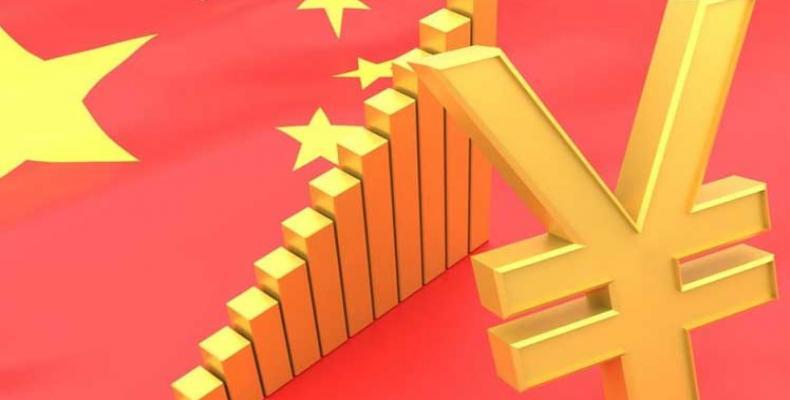New York, August 6 (RHC)-- U.S. President Donald Trump's pledge to impose new tariffs on Chinese goods is showing its impact on the Wall Street. Amid a fall in the yuan, the benchmark S&P 500 dropped about 3 percent on Monday.
"I think it's China signaling that they're going to... they've had enough, effectively. And 7 has always been kind of a psychologically important, I don't know that it's economically all that important, but psychologically it's always been the line in the sand,” said Bruderman asset management chief market strategist, Oliver Pursche. “And them letting go of that and allowing the yuan to depreciate below that number, I think signals to the world, signals to President Trump, 'Hey we've had enough and we're going to use levers of our own.'"
The rapidly escalating trade war between the world's two biggest economies followed Washington’s claim that Beijing is a "currency manipulator." Tommy Xie, head of the Greater China research at OCBC Bank in Singapore, said: "The immediate impact is limited as it is usually a long process. The treasury will hold special talks with China and U,.S. may consult with IMF, so IMF will also be part of the picture."
According to Chinese People's Daily, the United States is "deliberately destroying international order."
Stock markets were knocked down after the U.S. Treasury Department said Monday that it had determined for the first time since 1994 that China was manipulating its currency. China announced earlier that it was allowing the yuan break through the key 7-per-dollar level for the first time in more than a decade.
This came after Washington threatened to impose more tariffs on Chinese goods from the start of next month, in the wake of U.S. President Donald Trump’s incessant criticism of China.
Beijing has vowed to “fight to the end” if Washington intensifies its trade war after President Donald Trump threatens to impose additional tariffs on Chinese exports. The Asian country’s central bank, meanwhile, said it was selling yuan-denominated bills in Hong Kong.


